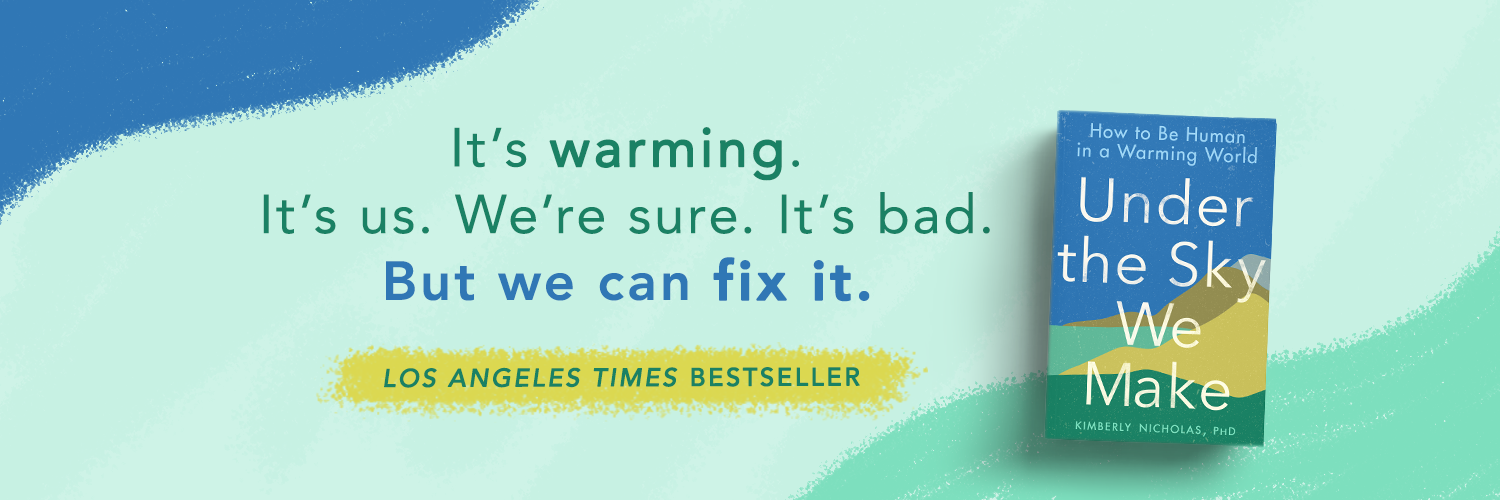|
I have come to believe that one of the biggest impediments to scientific advancement is writing. This is true in at least two ways. First, writing is often the critical bottleneck standing between the mountains of good ideas on whiteboards, hard drives, and inside people's heads that have not yet found a way to be communicated to a wider audience (both scientific and public). Second, the writing in published papers often does not help (and may actively hinder) the reader's understanding of the research and its implications.
Nicholas Kristof was more blunt about this in his recent New York Times Op-Ed (with which I largely agree), asserting that PhD programs have "fostered a culture that glorifies arcane unintelligibility while disdaining impact and audience" (ouch!). He cites a related piece by Jill Lepore in the Chronicle of Higher Education, where she describes academia as a "great, heaping mountain of exquisite knowledge surrounded by a vast moat of dreadful prose" (double ouch!). I think a fundamental problem here is that, although writing is a skill that can be taught and requires practice to master, writing is rarely taught. I never took a writing course in graduate school. I had professors who spent time correcting and commenting on papers (which I appreciate all the more now that I'm on the other side of the red pen), but I'm not sure I was able to take their specific comments and generalize them into principles of better writing. (I also think I didn't realize how important writing was until after I started editing and reading more papers than I wrote.) One way I've tried to teach writing is to develop templates, outlines, and rubrics that spell out a paper's structure, so that students can concentrate on developing and communicating their ideas in a way that will be clear to the reader. (I've had interesting discussions with my colleague Ladaea Rylander of the Lund University Academic Support Centre about the risks of templates suppressing creativity, some of which we address in our forthcoming book chapter; my basic conclusion is that I'm very happy for students to ignore these templates and do something creative if they are inspired to do so, but that many seem to benefit from and appreciate them). Without further ado, here are some of the resources I've made so far. I hope they're useful, and welcome feedback! Writing an academic abstract: a MadLibs (fill-in-the-blank) template adventure. The Thesis Toolbox- slides from a workshop I gave for 40 master's students from across Lund University to get them started on designing their thesis. Template for writing a master's thesis research proposal - use this to structure your ideas, and eventually as the basis for writing your thesis. Generic Paper Outline, Or, What Goes Where in a Scientific Paper? Start here when you have to write up a thesis or journal article and fill it out as you go along. Finally, here's a long and somewhat cheeky guide to common problems I see in student writing, and suggested ways to overcome them.
Peter Olsson
2/22/2015 09:15:11 pm
This is cool Kim! I found some of the tips really good. I think it will help my future writing.
NANDAKISHOR SIRDESHPANDE
6/25/2017 07:38:02 am
Thesis writing going on
Tullia
1/15/2018 04:10:35 am
Thanks Kim! This is great! Comments are closed.
|
Categories
All
Archives
November 2023
|
KIM NICHOLAS
 RSS Feed
RSS Feed

